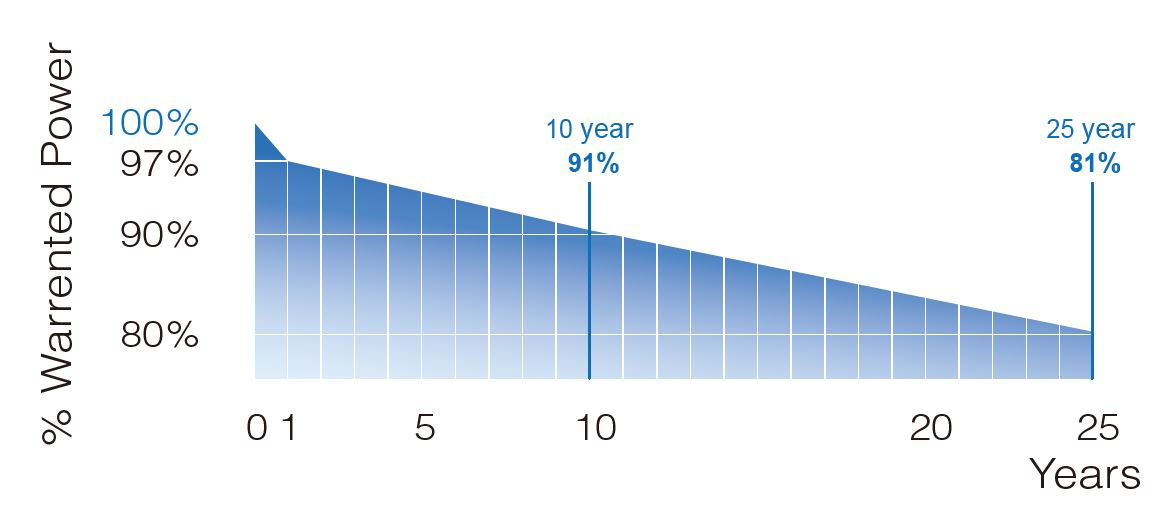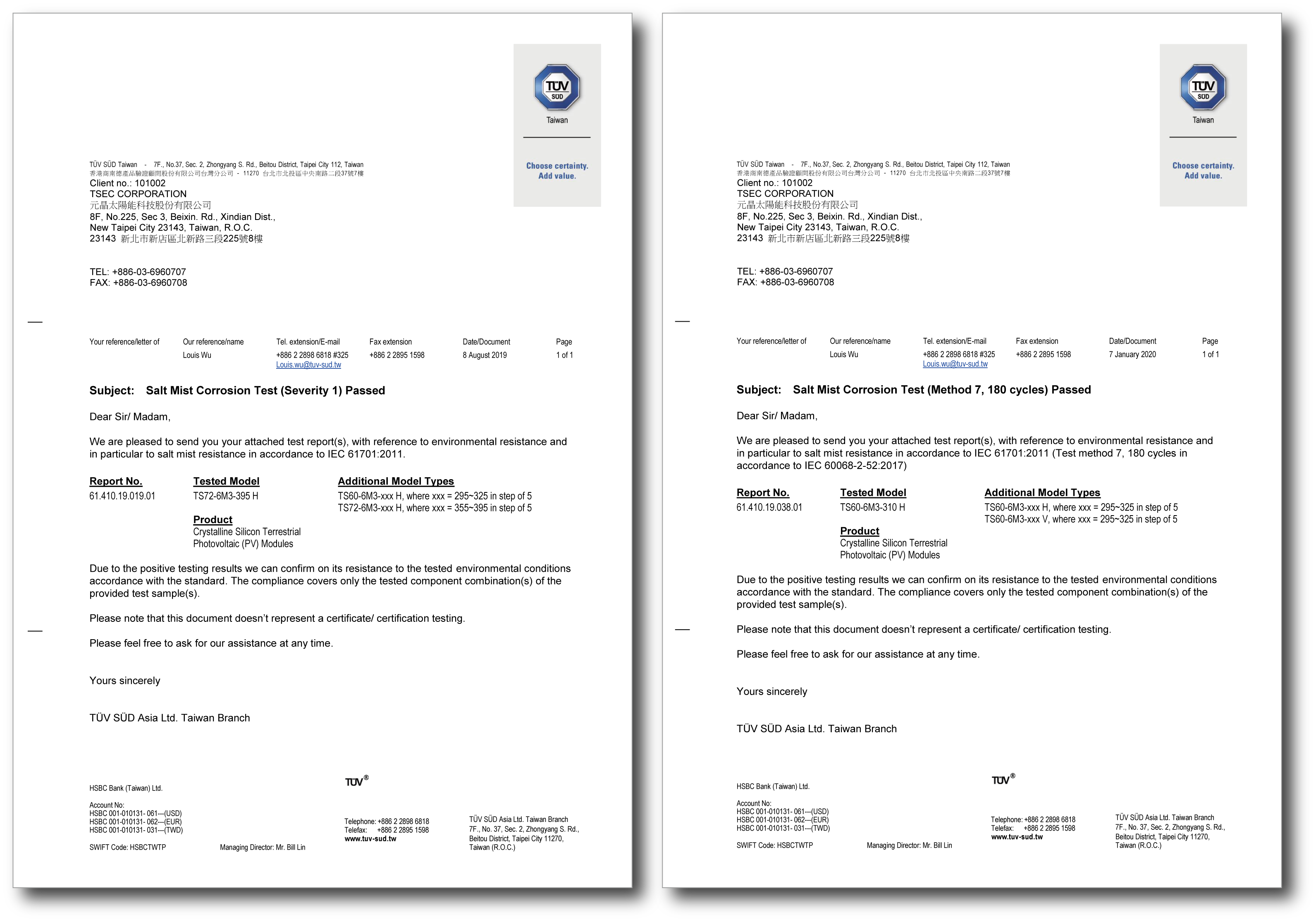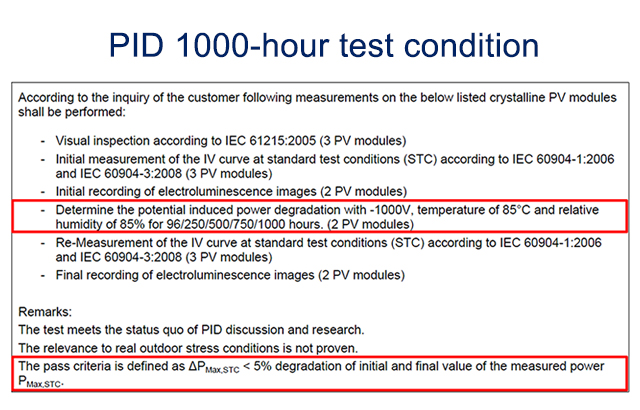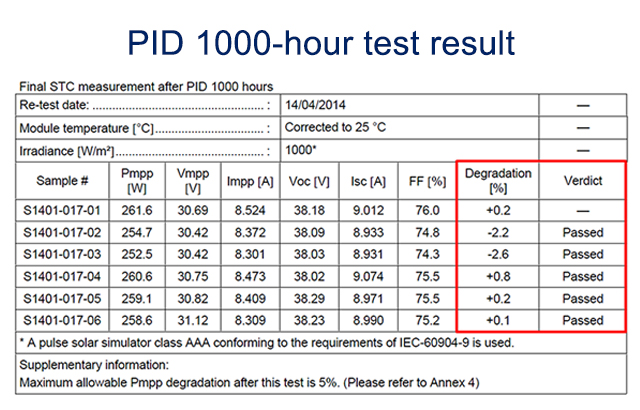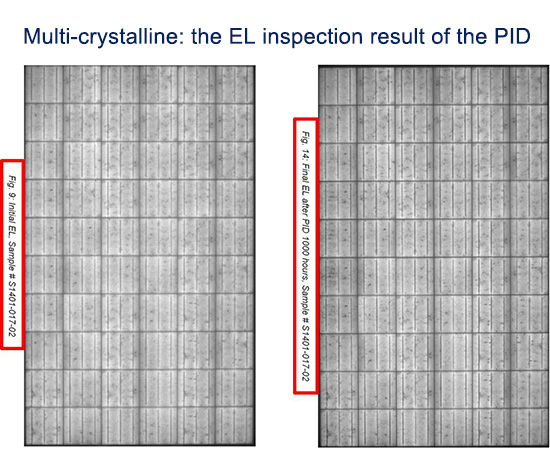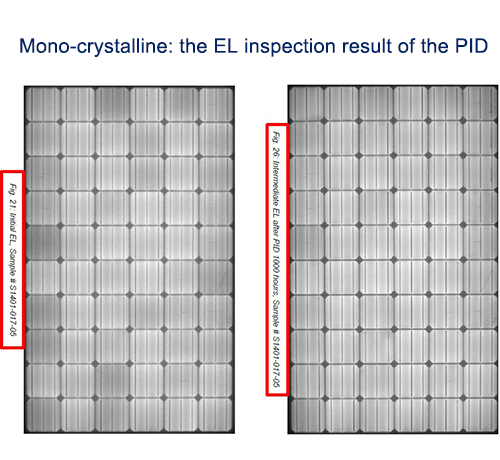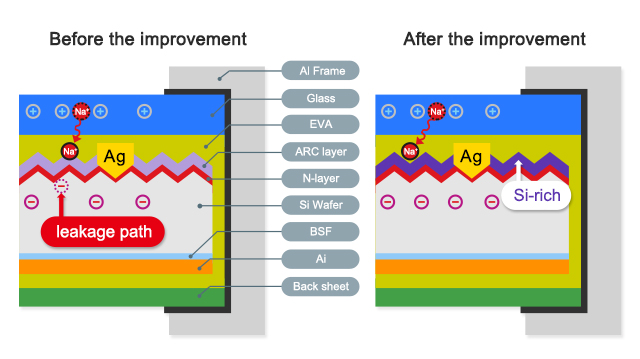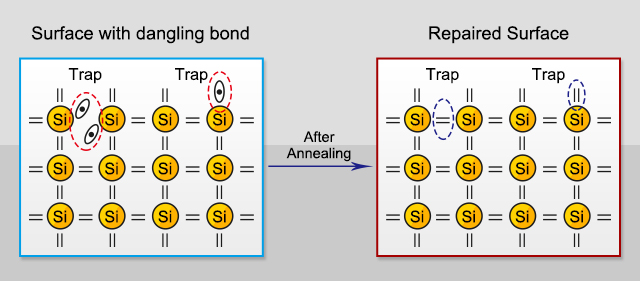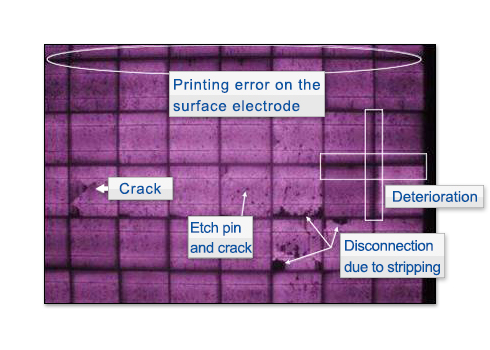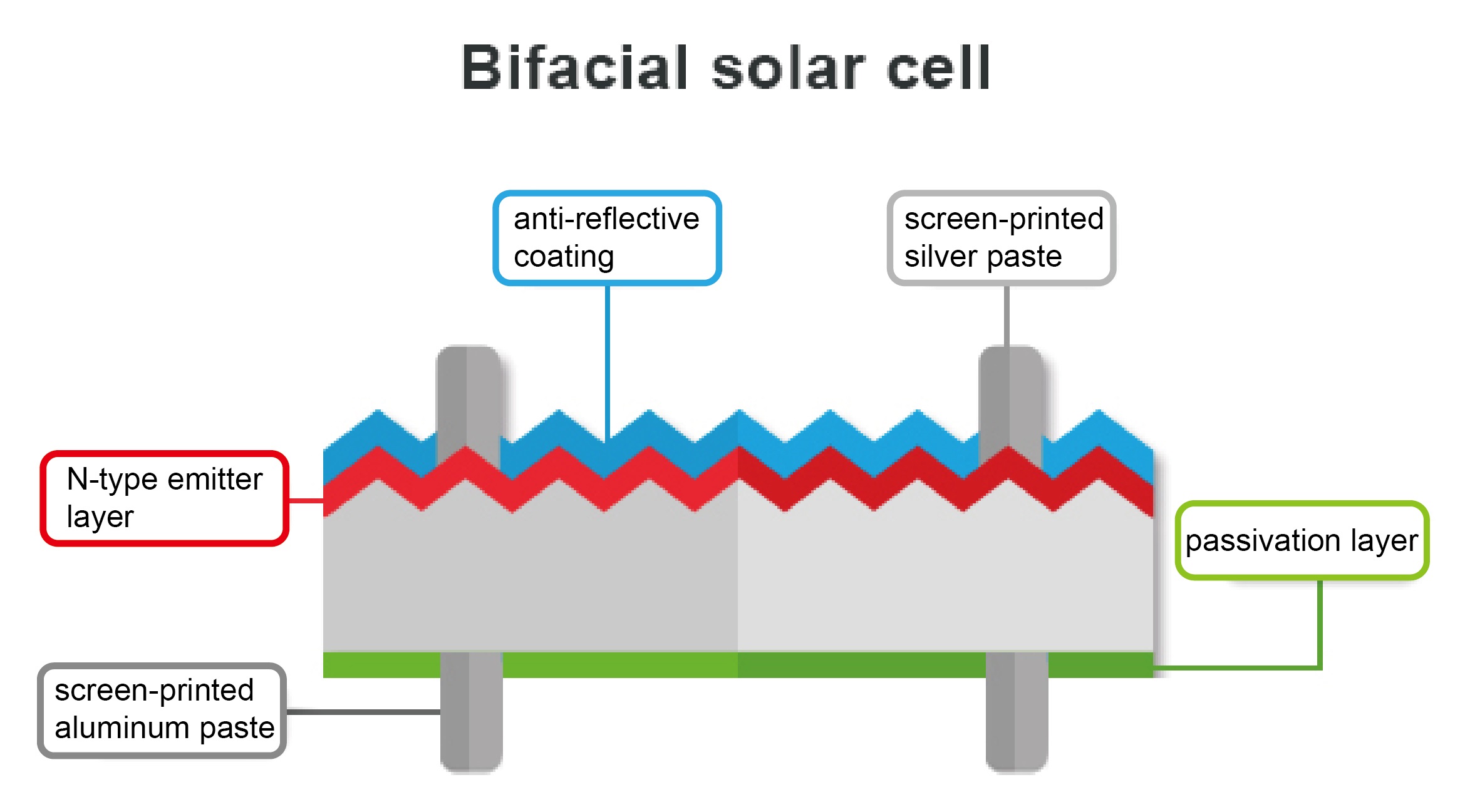|
In recent years, with the promotion of floating solar farms, some aquaculture and plantation operators have concerns about the installation of silicon-based modules for power generation.
To eliminate the public's concerns about the environmental impact of solar power generation, TSEC commissioned relevant experiments to prove it.
Mainly focused on two areas:
(1) Whether soaking modules in water will cause performance degradation
To clarify whether soaking modules in water will cause performance damage, a third-party independent agency was commissioned to conduct IPx8 experiments. That is, immerse the module in 5% salt water, with a depth of 1 meter, to simulate the experiment of the module in sea water, and observe no significant difference in electricity performance.

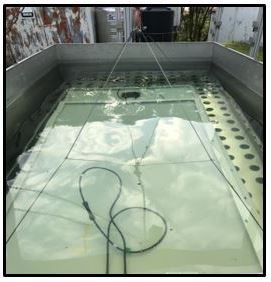
(2) Whether immersing modules in water will affect water quality
TSEC provided supporting modules for water immersion tests, and the water quality was outsourced to an environmental protection agency-approved laboratory for sampling and testing.
The first group of experiments simulates the situation where the solar panel in the solar farm is blown down by a typhoon. Assuming that the modules are undamaged, they are immersed in water for more than 7 days to see if the water quality is affected, and an environmental testing agency approved by the Environmental Protection Agency is commissioned to assist us in taking water quality samples from the solar modules immersed for more than 7 days and to conduct toxic substance testing.
According to the test results, a total of 25 items, including 8 heavy metals (arsenic, mercury, cadmium...) and general metals and volatile organic compounds (VOCs), were far below the Environmental Protection Agency's drinking water standards .
The other set of experimental conditions simulates the scenario where the module is shattered by an object and dropped into the water for more than 7 days. Therefore, the module is deliberately damaged and immersed in water for more than 7 days, and the same testing agency is commissioned to take sample and test, and it is also found that the test results for the 8 heavy metals (arsenic, mercury, cadmium...) and general metals and volatile organic compounds (VOCs)......, are far below the Environmental Protection Agency's drinking water standards.
To verify the reproducibility of water quality testing experiments, TSEC commissioned an outsourced test from another Environmental Protection Agency-approved laboratory that could assist us with immersion testing units, whether immersed or shattered modules, for their impact on water quality.
The laboratory feedback data indicates that the test values are also far below the Environmental Protection Agency's drinking water standards . This indicates that solar modules produced by our company will not affect water quality after soaking in water for several days and meet the drinking water standards set by the Environmental Protection Agency.

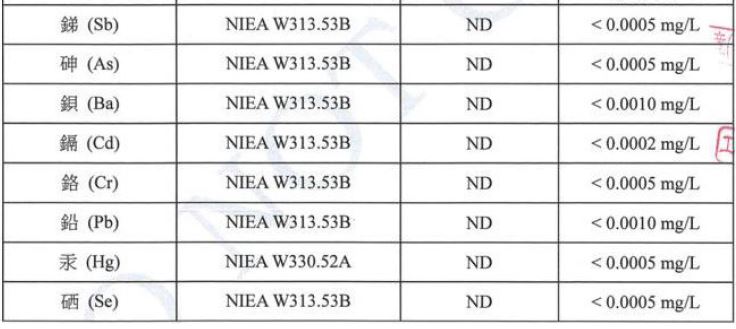
TSEC actively cooperates with government policies and conducts various tests to eliminate the public's concerns and provide more peace of mind while ensuring power generation efficiency.
|

